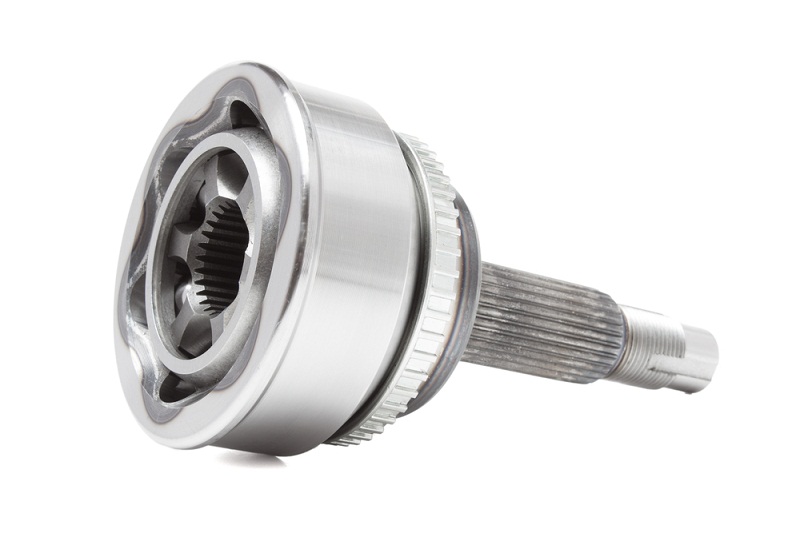
The Sunday News

Lovert Mafukure
MY CVs are failing every 15 000 or so km. Is that normal?
It definitely isn’t normal for CV joints to wear out that often. The cars that come from Japan with well over 100 000km still come with the original CV joints from the time the car came out of the assembly line.
There are however, many factors that may contribute to premature CV joint failure namely quality of the replacement parts, installation of the replacement parts, condition of your suspension set-up and others.
CV joints for the benefit of others are constant velocity joints. All front-wheel drive cars have CVs on the front axle – Inner CV joints and outer CV joints with a rod in-between making up the driveshaft.
The drive shaft transfers engine energy to the drive wheels. Without them, there’s no movement. The outer CV joints are the ones that fail more often than the inner ones.
Good quality parts are not cheap and are not easy to find. There are a lot of pirate parts coming from the east and their quality is not the same as the original parts. That said, they do not last as long as the original parts. I often advise people to buy good used original spares than pirate parts especially those from low mileage cars either accident damaged or being broken for whatever reason.
The reason being that, original used spares are of better quality and last longer. Those that have owned cars for a while can testify to the fact.
Original parts do last long but getting them for these ex-Japanese cars can be a daunting task. CV joints however, are engineered to last upwards of even 200 000km but many factors affect the life of these CV Joints.
CV joints require special attention on fitting. Rubber boots need to be secured tightly with clamps provided. 99% of the time CV joint failure is because of dry joints, if the rubber boots are not secured tightly they loosen and leak grease.
Once the grease is lost you have dry CV joints and in no time they fail. The first sign of failing CV joints is the common clicking noise when turning. In some cases CV joints break away or disintegrate. It is uncommon however, to have sudden CV failure though it happens sometimes.
You always get a warning of that clicking sound when turning.
Moving parts always give in to friction. CV joints are no exception; the lubricating grease inside the CV is there to keep the friction levels low. Rubber boots keep that grease from leaking out of the CV. Over time because of the constant movement, the rubber boots also crack, break and tear away, leaking grease out.
Loss of grease and or contamination of the grease cause the CVs to wear out prematurely. Sometimes the boots just loosen because of loose or missing clamps so it’s good to always check your suspension to make sure everything is in place.
Loss of grease, foreign matter, like dust, water, loose stones, mud and the like will quicken the wear of CV joints. Always use good quality grease for every fitment and put enough of it.
CV joints naturally do not require any maintenance but over time the rubber boots get torn and these need replacement at the slightest sign of a crack or leak. Often when these boots break you will see a lot of grease maybe in your driveway or undercarriage of your car or around the driveshaft.
That is a sign that you need to replace your boots or you will be asking for trouble in the short term.
Lastly, the way one drives a front-wheel drive car is important. It will determine whether the drive shafts will last long or not.
With a manual vehicle, avoid exerting excessive force on the drive wheels in lock position (when wheels are turned to lock position on one side). If you have an advantage disengage and turn in neutral. With an automatic it tends to be more difficult but all the same try not to exert too much pressure on the CV joints by turning sharply when the car is in gear or in drive. Till next time . . . happy motoring!



